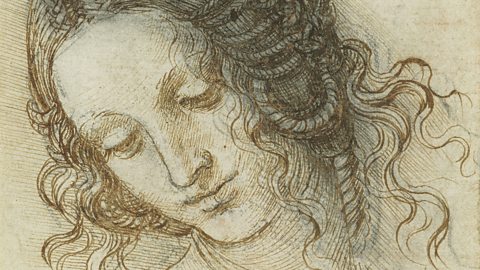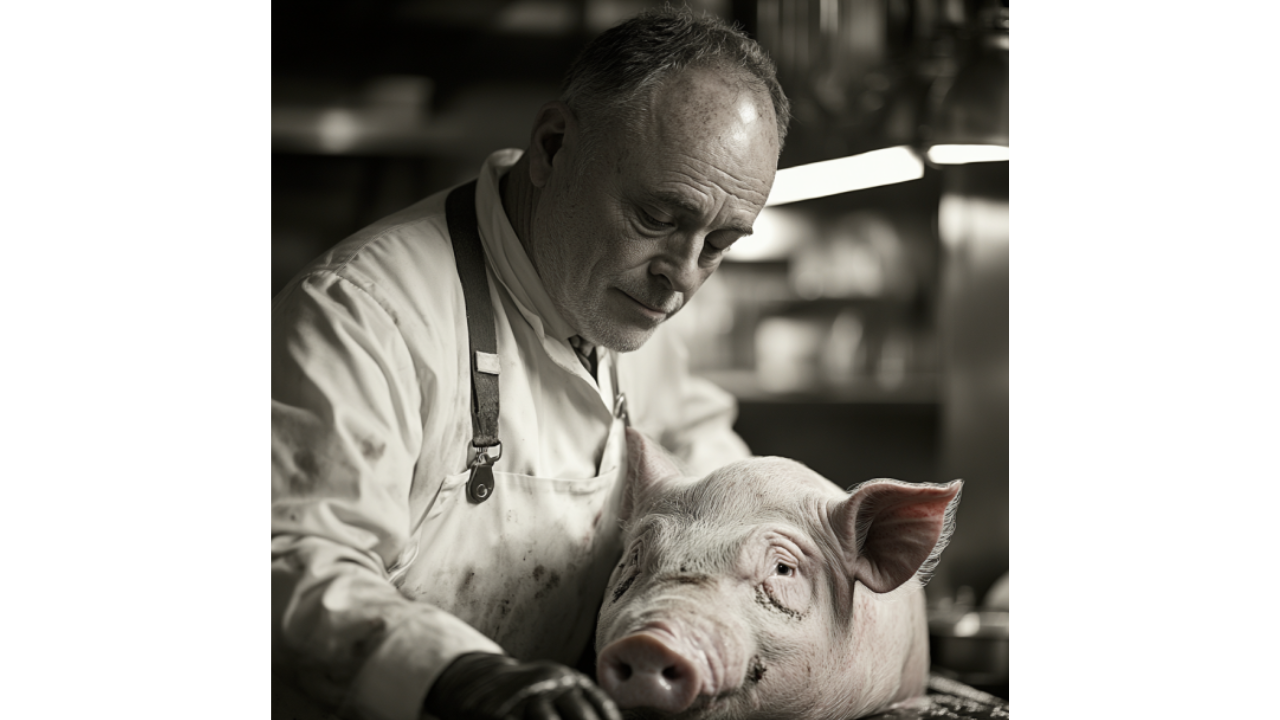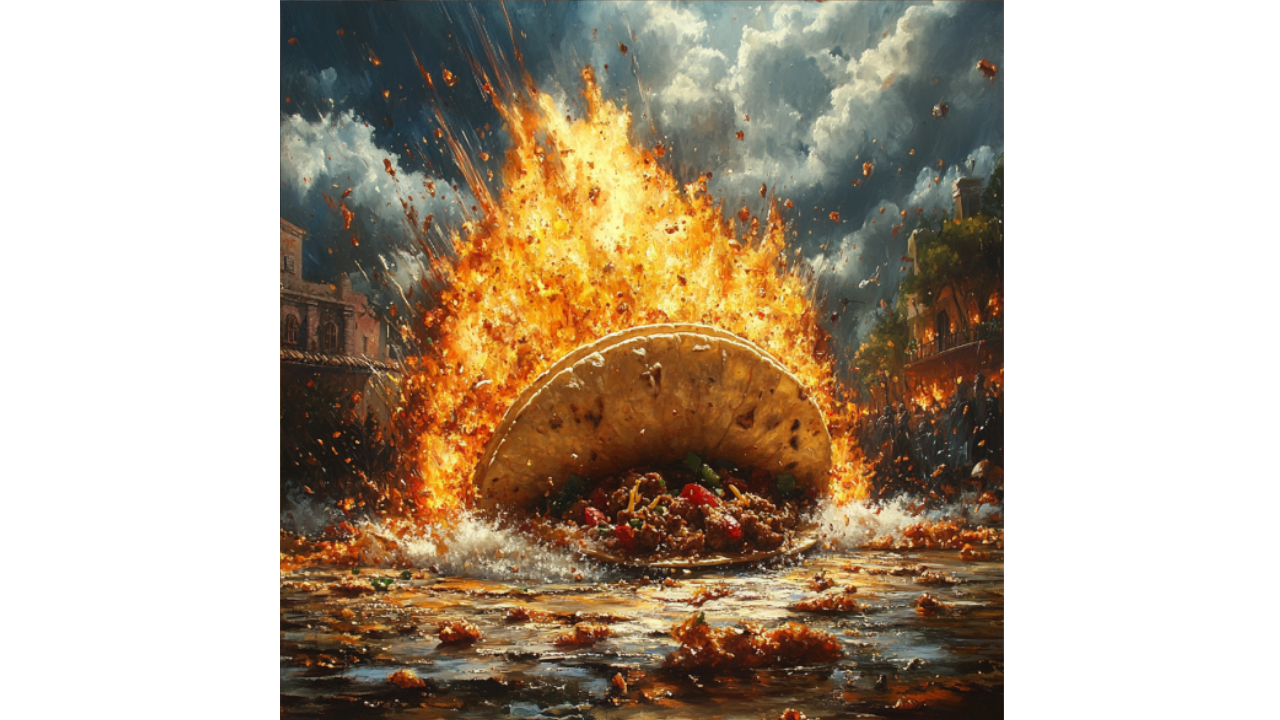On Beauty
“The awful thing is that beauty is mysterious as well as terrible.”
.png)
We think we know what power is.
We think we know when we have it… or not.
I think we’re usually wrong.
We are not so far removed from times when brute strength was the difference between survival and starvation. So it makes sense that there is an implicit interpretation of power that follows those lines:
Apex predator traits: Strong, fast, dominating.
“That’s power.” We say, getting chill bumps as David Attenborough’s voice describes a frenzied pride ripping into a gazelle.
And it is a form of power.
But it isn’t the ONLY form of power.
Yes, there is a power like a lion. It roars. It ravages. It rules.
But what is a lion in an avalanche? A mudslide? An earthquake?
What is a lion against a disease-carrying mosquito? Or the disease itself?
I have observed many people who think they’re in power by virtue of their position—they sit at the head of the conference table as the Presidents, CEOs, and Bosses of the world.
They think they have power because people tell them they do or because they have a title and make executive decisions.
As an observer, I say emphatically to you: that beast rarely has teeth.
The evidence of real power is influence.
Look back at the conference table. Who does everyone glance to when a decision needs to be made? When an opinion is called for?
Influence can be a nuanced, controlled, and intentional way of making a difference—of exercising clout—of changing the minds that change the actions that change the world.
The ability to be influential comes from within.
And here’s where power becomes really interesting.
What has influenced you?
Your dad with sterling character
A teacher with sparkling wit
The popular group
The singer with those bangs
An immigrant family begging in the grocery store parking lot
A colleague who starts their own business
Your mean landlady
A screaming toddler
Each of these figures could influence you, which means they have power. Not one of them is down on all fours roaring. They’re wielding power according to their means and makeup and are having an effect.
One day, a tree branch falls. (Kerthunk). It lands in a stream (Splash). The stream forks around the branch. One side of the stream begins to drip (Drip, Drip) off the side of the hill. Weeks, months, years go by and the stream faithfully drips, forming first indents and then gashes in the rock. The stream eventually dries up. A canyon remains.
You may be inclined to a loud, bold, and obvious form of power. Use it well, but know that it has significant limitations.
People with real power are often content to remain unseen.
I understand this differentiation because it exists in my marriage. I am a pouncing wild cat. My husband is a mountain. I have no illusions about which of us is more meaningfully influential.
What about you?
Perhaps you don’t identify with any of these forms of power.
Powerlessness is the worst feeling in the world. Let me reassure you—it isn’t real.
Physically, Helen Keller was one of the most disabled people ever born. Even she said, “To each one of us is given some degree the power….”
Or you may think, “I have no one to influence - to exercise any form of power over.” Lao Tzu said, “Mastering yourself is true power.”
Zooming out to the collective, I’ll leave this reflection on power with a passage from one of my favorite thinkers:
“It may be said with rough accuracy that there are three stages in the life of a strong people. First, it is a small power, and fights small powers. Then it is a great power, and fights great powers. Then it is a great power, and fights small powers, but pretends that they are great powers, in order to rekindle the ashes of its ancient emotion and vanity. After that, the next step is to become a small power itself.”
— G. K. Chesterton

“The awful thing is that beauty is mysterious as well as terrible.”
 READ THIS ESSAY
READ THIS ESSAY

Do you ever get something stuck in your head, playing on repeat constantly? Most of the time it is a line in a song, but this past week it has been a...